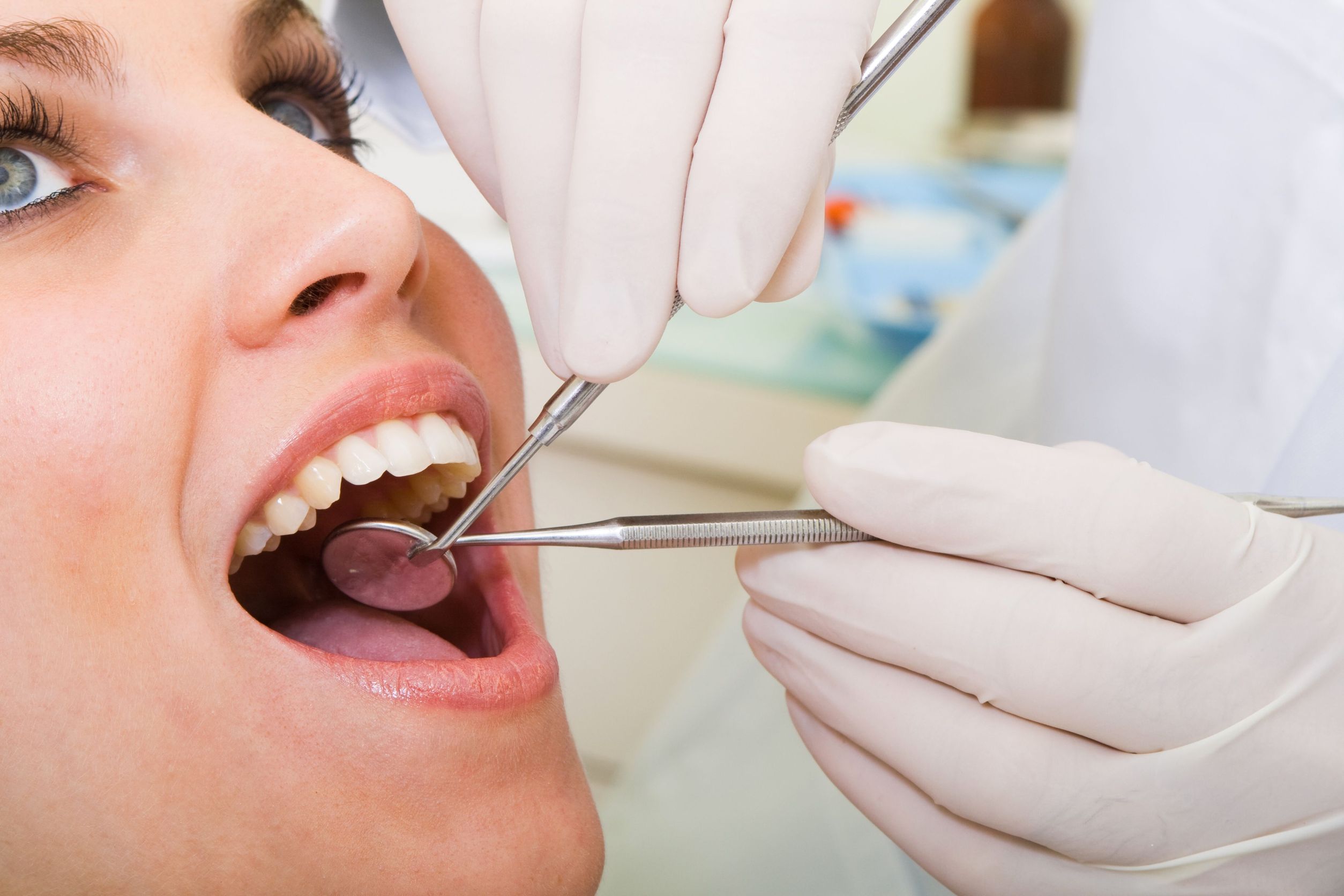During the menopausal years, women may experience hot flashes, itchy skin, mood swings, and night sweats. Changes in the oral cavity are also common, and because of this, you should visit your DDS in Glenpool on a regular basis so that any menopausal-related oral problems can be addressed. Here are some ways your dentist can help you manage hormone-related gum and dental problems caused by menopause.
Bleeding Gums
You may be more likely to develop bleeding gums and infections during menopause. Diminishing estrogen levels can cause gingival inflammation and may accelerate plaque and tartar formation. Menopausal women may also be a higher risk for periodontal disease because of bone density loss. Your DDS in Glenpool will closely monitor your gums for early signs of gingivitis so that he or she can prescribe an antimicrobial oral rinse, if necessary. Your dentist will also make sure that all traces of calculus are removed from your teeth and under your gum line during your cleanings, which will reduce your risk for bleeding gums and periodontitis.
Dry Mouth
Menopause may also predispose women to dry mouth and burning mouth syndrome. Both of these conditions may be associated with estrogen decline, however, both can be effectively treated by your dentist. Lubricating mouthwashes can help restore moisture to the mouth so that your oral cavity doesn’t dry out. Restoring moisture to your mouth will also help relieve the burning sensations of your tongue and lips caused by burning mouth syndrome. To learn more about hormone-related oral problems, call Business Name.


